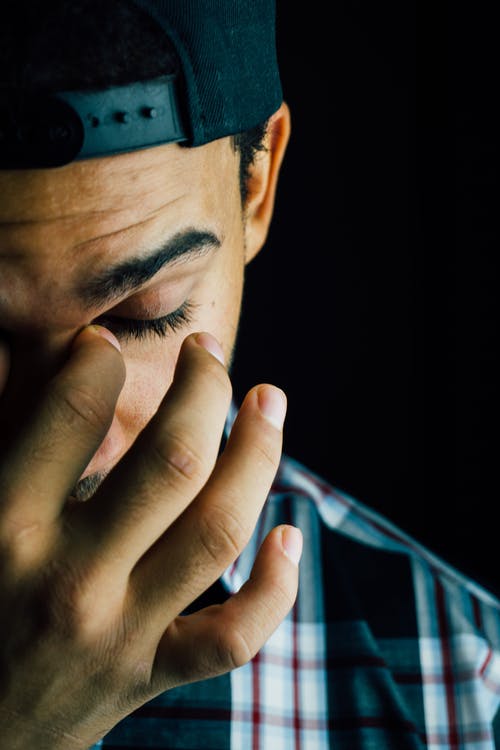
Many of us know that HALT is an acronym used in recovery (or 12-step programs) to check in with ourselves when we’re starting to have an urge to do something we know isn’t good for us. HALT stands for Hungry, Angry, Lonely or Tired. When we experience HALT it can also be harder to make decisions, manage our emotions, concentrate and/or be productive. Now let’s look at HALT during COVID-19…
- We’re HUNGRY because we didn’t want to risk going to the grocery store.
- We’re ANGRY because we don’t know how long this will last.
- We’re LONELY because we’ve been told to stop the spread of the virus we should remain physically distant from anyone outside of our home.
- We’re TIRED because we’re not sleeping well following too much discouraging news and heightened anxiety.
And any one of these—or all four conditions—occur every day, sometimes several times a day for weeks on end.
It’s easy to see why substance use would be on the rise during this season. During our initial reaction to the fear of a toilet paper shortage, alcoholic beverage shortages were also feared which resulted in a 55% increase in sales in the week ending March 21, according to Nielsen market research. AA and NA meetings were no longer being held in person. We were all ordered to stay home (read: not drive) and were no longer accountable to show up at our workplace. Now add depression, grief, financial difficulties and family conflict to HALT and it’s easy to understand why an individual would return to their known coping mechanism. With no real end in sight.
But there are options.
Resources are available for the following online meetings:
- AA https://aa-intergroup.org/
- NA https://virtual-na.org/
- SMART Recovery www.smartrecovery.org/smart-recovery-toolbox/smart-recovery-online/
- Recovery Dharma https://recoverydharma.org/online-meetings
Lancaster Drug & Alcohol Commission provides a brochure in English and Spanish outlining local area resources including outpatient enter as well as rehabs and offer solutions for funding of services. https://co.lancaster.pa.us/DocumentCenter/View/10720/Getting-Help-2020?bidId=
Take a physically distant walk with a sober support. Spend time in nature. Find an online faith community in which to engage. Start or restart a gratitude journal. Call your sponsor. Support a local restaurant that is providing curbside pick-up or delivery; you’ll experience a release of dopamine in your brain (a natural high) knowing you helped a small business that has been greatly impacted during the shutdown.
As for HALT? Eat something healthy if you’re HUNGRY (and have your groceries delivered if you’re concerned about going out). Talk to a therapist if you’re ANGRY (most are doing tele-therapy). Find an online support group if you’re LONELY. Practice mindfulness if you’re having trouble sleeping.
And as you know better than most: One Day at a Time!





